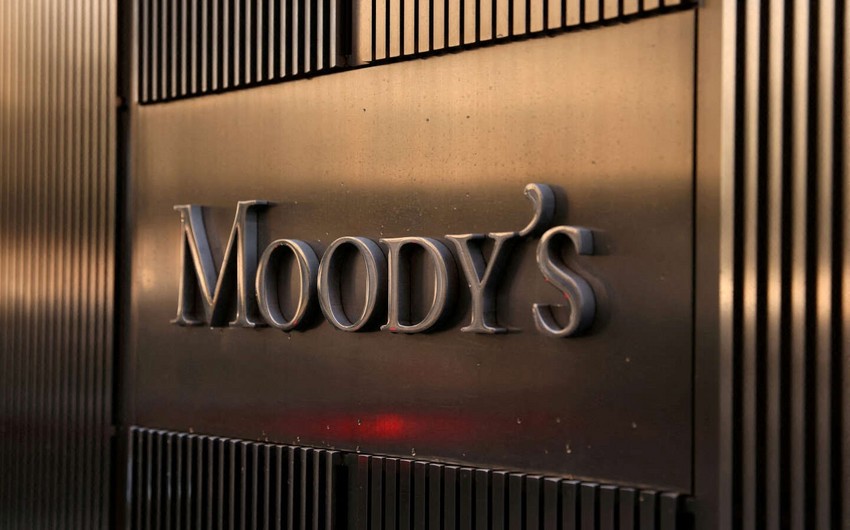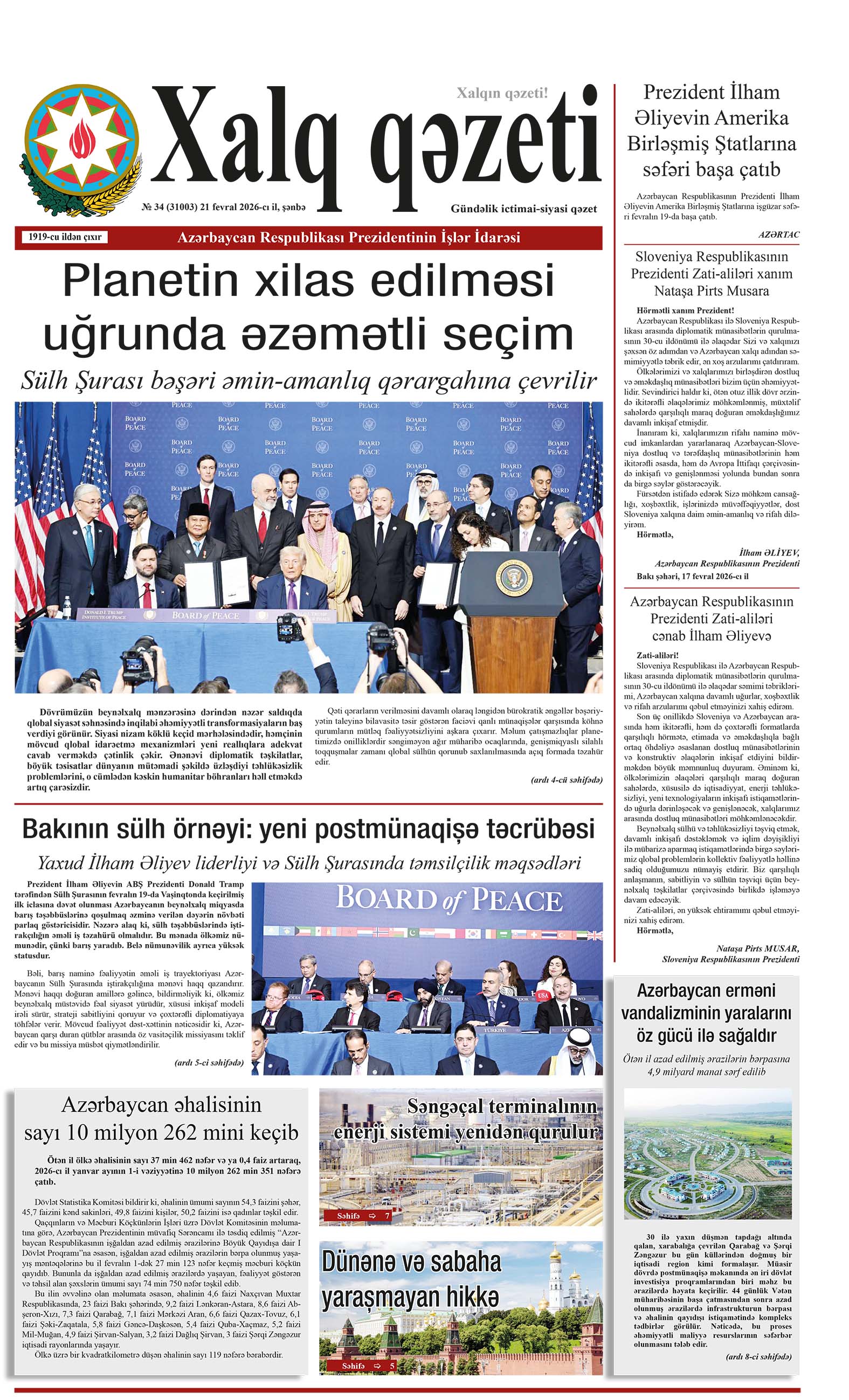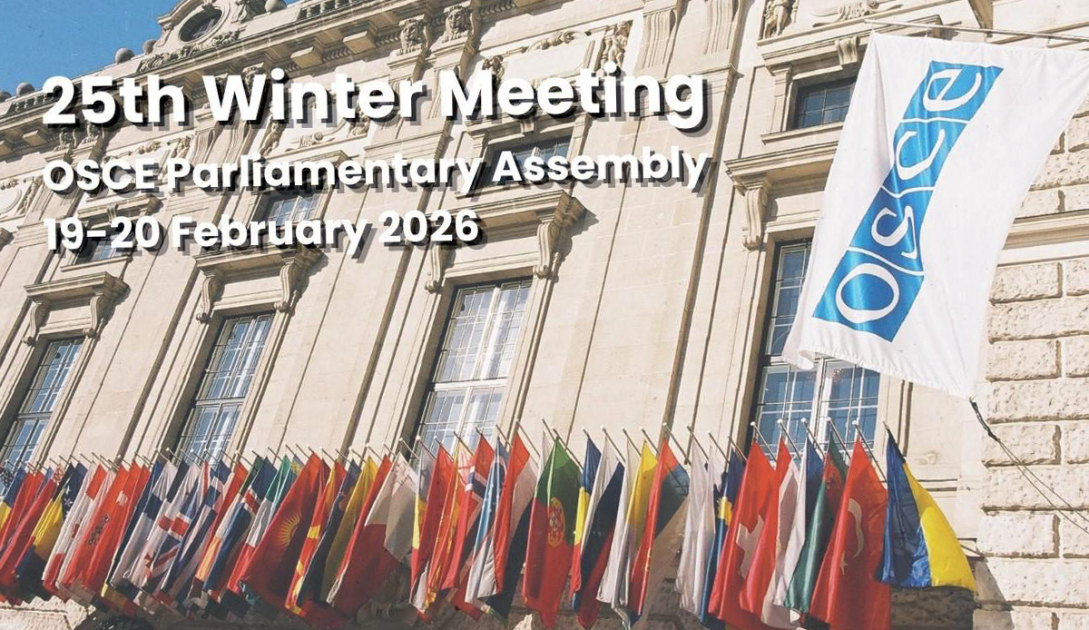Les Républicains (LR) deputies are to launch a commission of inquiry into the "sharp growth in debt" under "the presidency of Emmanuel Macron", in the backdrop of high tension between the executive power and parliamentarians over the state of public finances.
According to the information that Agence France-Presse obtained from the parliamentary source, the president of the LR group, Olivier Marleix, raised the issue at the Assembly's conference of presidents on Tuesday. The group will make use of its annual drawing right, which allows it to obtain the right of the the creation of this commission, explained a source within the Republican party.
More specifically, the Republicans intend to launch a parliamentary inquiry into "the reasons for the very strong growth in French debt under Emmanuel Macron's presidency and its consequences on French purchasing power".
According to the French press, France's public deficit has reached 5.5% of GDP in 2023, according to Insee, i.e. 15.8 billion euros higher than forecast. However, the government is maintaining its objective of reducing the public deficit to below 3% of GDP by 2027. Ten billion euros in savings have already been agreed for 2024, and 20 billion euros in cuts have been announced for 2025.
The worsening state of public finances is the main subject within the French political realm and is at the forefront of a conflict between the executive branch and members of parliament, including within the majority, divided over the main principle that forbids touching taxes, particularly on large fortunes.
Meanwhile, the president of the Republicans, Eric Ciotti, wrote to prime minister Attal last Friday to demand a revised budget to be passed, all the while accusing the French government of having “misled the French” by presenting a budget last autumn that was filled with “insincerity”.
Ironically, the Republican party is also not fond of the idea of raising taxes on those who posses large fortunes, creating a paradigm in which both the ruling party Rennaisance of Emmanuel Macron and the Republicans share a common ground. Nevertheless, according to the economic analysts the disagreements between several political parties within French Senate and the National Assembly hold rather a political rather economic significance.
Meanwhile, La Liberation, Le Monde and Le Figaro claim that French Republican Party, will use the threat of a motion of censure against the government concerning a budget text hang in the air: "It's a hypothesis that's on the table, very clearly", said Eric Ciotti. On Tuesday morning, the La France Insoumise group announced that it would table a spontaneous motion of censure if the government failed to return to Parliament with an amended budget.
While previous attempts of putting a motion of censure have failed, this situation doesn’t seem to be different. The analysis of the situation allows many political commentators to predict how the process will evolve in the coming weeks.
While the Republican party often criticises the French government on a large array of issues, its members depend on the ruling party and at times use different problematic situations whether on foreign policy, economic matters or crime rates as a bargaining chip. Moreover, it is unlikely that motion of censure on the matter of public deficit and national debts will be a ground where LFI and the Republicans will agree to cooperate given the difficulty with which left wing LFI finds allies within the French political system.
Yet, the Republicans know how to create a good PR campaign, in order to attract support from those citizens that are dissatisfied with the way the French government performs economically.
"It will be interesting to know what advice the government has surrounded itself with," said Olivier Marleix, implying that Economy Minister Bruno Le Maire, and Prime Minister Gabriel Attal, former Minister of Public Accounts, could be among those auditioned. "There are solutions that we knew from day one would be bad. The 'whatever it costs' approach was all very well, but it wasn't forbidden to try to spend as little as possible, as intelligently as possible".
All the more worrying for the French ruling party is the fact that Moody's rating agency considers the target of slashing the public deficit back below 3% by 2027 "unlikely". Moody's also considers the additional 10 billion in savings by 2024 insufficient to "put the government back on track".
According to several sources within the Élysée Palace, the government fears that, in the coming months, the main rating agencies will downgrade the country's rating, which is currently among Europe's worst performers in terms of public finances.
Jamal Mustafayev


















